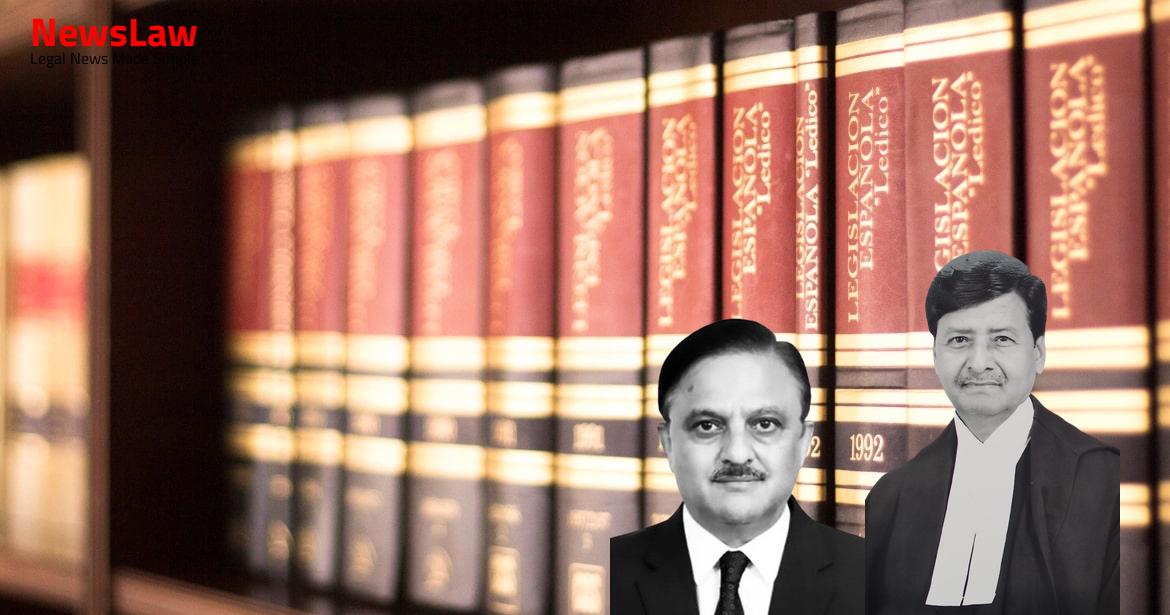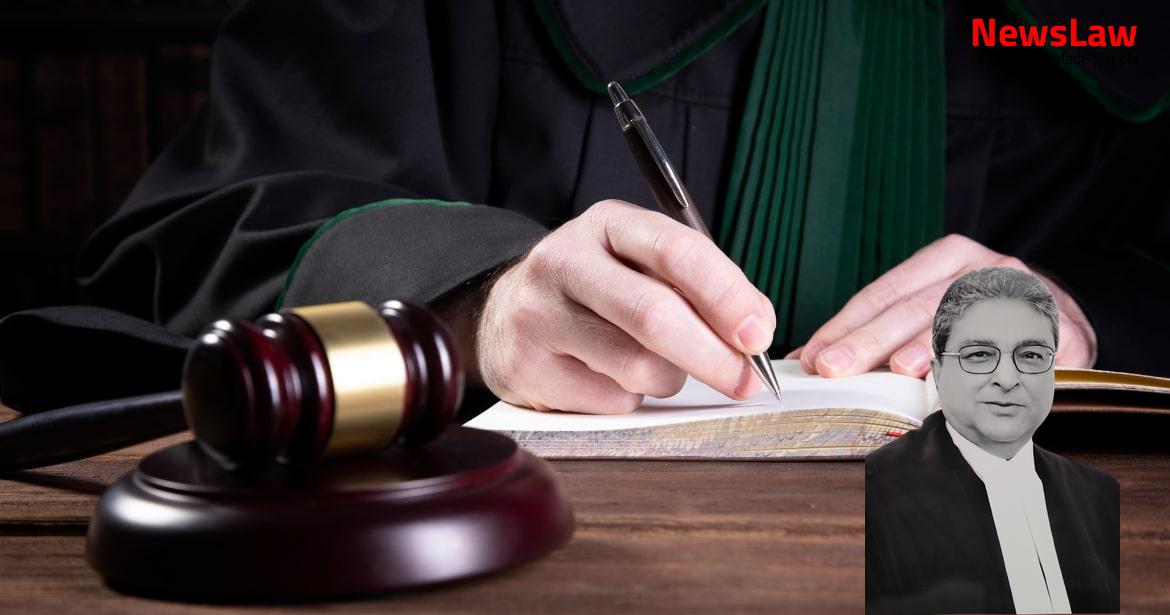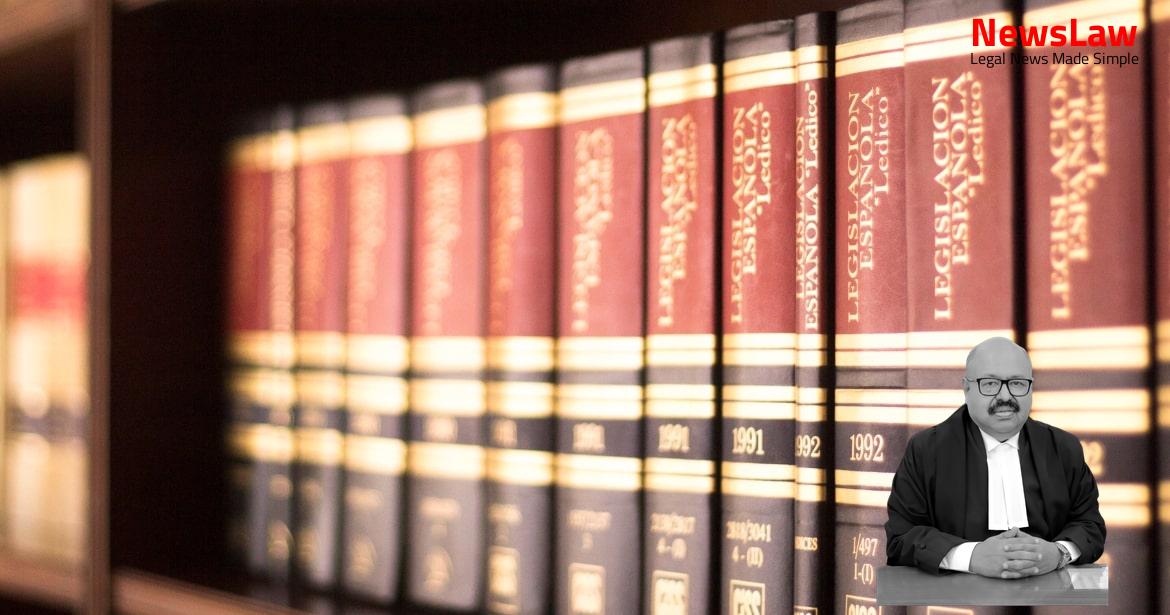The Kerala High Court, by its judgment rejected the revisions filed by the appellant/assessee (hereafter “Heinz”) aggrieved by the Kerela Sales Tax Appellate Tribunal’s orders holding that its product “Nycil Prickly Heat Powder” was classifiable not under Entry 79 of the First Schedule to Kerala General Sales Tax Act, 1963 (hereafter “KGST Act”) [as “medicine” but as “Medicated Talcum Powder” ].
Also Read: https://newslaw.in/supreme-court/legal-analysis-of-claim-for-loss-of-profit-in-delayed-contract/
For the assessment year 1999-2000, Heinz filed its annual return which was accepted by the assessing officer; the tax payable on the taxable turnover was 8%, and the treatment on the sale of Nycil prickly heat powder was accepted to be an item falling under Entry 79 of the First Schedule to KGST Act, by order dated 18-11-2005. However, the revisional authority by order dated 16-2-2006 set aside the assessment order for the assessment year 1999-2000 and remanded the matter to the assessing authority to pass fresh assessment order by levying tax at 20%. The Kerala High Court noticed the judgment of this court Puma Ayurvedic Herbal Pvt Ltd v Collector of Central Excise (hereafter “Puma Ayurvedic Herbal”); Hamdard (Wakf) Laboratories v.
In view of this inclusive definition, though the nycil powder has all the qualities and ingredients of medicines and since the same is basically a talcum powder which has preventive and curative power, the same requires to be brought under the special entry rather than the general entry.”
The High Court further held that Entry 127 of the First Schedule immediately after the expression talcum powder has used the word ‘including’. The court observed that: “though the Nycil Prickly Heat Powder is used for the care of the skin and not cure of the skin and though it contains a small quantity of Chlorphenesin, which has curative effect; in view of the specific entry, it has to be classified only under Entry 127 of First Schedule to the KGST Act and not under Entry 79 of the Act which speaks of medicines and drugs. The court also noticed the Kerala judgment and remarked that the difference between the two enactments (KSGST Act and TNGST Act) is that in the latter, it is the explanation which clarifies that any of the items even if medicated or as defined in Section 3 of the Drugs and Cosmetics Act will fall under the Entry I(iii) of Part ‘F’ of the First Schedule. The impugned judgment of the Madras High Court relied on the decision of the Kerala High Court which had considered medicated talcum powder after going through the various definitions of “drug”, “medicine”, “cosmetic” and “talc”, and ultimately holding that medicated talcum powder includes prickly heat powder. The Kerala High Court rejected the contention as to the theory of medicine and also after considering the basic ingredients of prickly heat powder, came to the conclusion that the base product is only a purified talc. We are also informed that M/s Heinz India Limited, the petitioner-assessee before the Kerala High Court, had purchased the manufacturing unit of the respondent- assessee before us in respect of prickly heat powder. Bagaria, learned senior counsel, argued that “Nycil” is the trade name under which the manufacturer markets the substance known as ‘Chlorphenesin’. Pruritus ani and pruritus vulvae are frequently of bacterial or fungal origins, or the lesions may become infected with bacterial or fungi, and Nycil is effective in eliminating such organisms.
To bring or classify an article under Entry 79 of the First Schedule, the article must be a medicinal formulation or preparation which is ready for use either internally or externally for treatment or mitigation or prevention of diseases or disorders in human beings or animals. It was argued that having regard to the above circumstances, Nycil prickly heat powder, which is used only to absorb sweat and moisture from the body and to keep away rashes in human beings, should be considered to be either a “drug” or “medicine” -in view of the composition, it is nothing but a medicinal preparation used as such and for the purpose for which talcum powder is used.
Collector of Central Excise (hereafter “ B.P.L Pharmaceuticals Ltd.
This court took note of the preparation, label, literature, character, common and commercial parlance and held the product was classifiable as a medicament, as it was not an ordinary shampoo of common use but was meant to cure a particular scalp or hair disease. It was pointed out that this court had held that while interpreting an entry in a taxing statute, the court’s role is to consider the effect of the law, upon considering it from different angles. Learned senior counsel relied heavily on Commissioner of Central Excise v Hindustan Lever Ltd (hereafter “Hindustan Lever”) and urged that merely because a particular product is substantially for the care of skin and simply because it contains subsidiary pharmaceutical or antiseptic constituents or is having subsidiary curative or prophylactic value, it would not become medicament and would still qualify as the product for the care of the skin.
It was urged, lastly by relying on Collector of Central Excise v Wockhardt Life Sciences Ltd., (hereafter “Wockhardt Life Sciences Ltd”) that the “common parlance test” or the “commercial usage test” is most appropriate.
Charanya Laxmikumaran, learned counsel urged that the statute in TGST Act is different, because in the Entry, relied on by the revenue, is dependant solely on the Explanation
[to Entry I (iii) of Part F of the First Schedule]. It was submitted that having regard to the literature and the essential purpose of Nycil powder, it did not fit the description as a cosmetic [which is excluded], even if the Explanation to Entry I (iii) of Part F were taken into account. Pappu Sweets and Biscuits v. Of Trade Tax, U.P (hereafter “Pappu Sweets and Biscuits”) and Collector of Excise v. Secondly, though a product is sold without a prescription of a medical practitioner, it does not lead to the immediate conclusion that all products that are sold over across the counter are cosmetics. The court noted that the addition of a small quantity of Nitrofurozone after rendering the pad sterile, made it a medicine. It was submitted that mere use of “powder” or “talcum powder” would not have covered Nycil powder as a cosmetic, because it had certain ingredients that could be preventive and curative. Radhakrishna, learned senior counsel appearing for the revenue, in the Tamil Nadu case, contended that the history of the legislation is a decisive factor to be taken into account, while determining the proper classification of a product.
Before amendment (on 01.04.1994), the entry clearly stated that preparations or formulations that were “capable of being used as creams, hair oils, tooth pastes, tooth powders, cosmetics, toilet articles, soaps and shampoos” were to be “excluded”. Learned senior counsel’s submission was that the impugned judgment correctly inferred and found that the product, Nycil prickly heat powder, on the plain terms of the statute, was a cosmetic, especially in view of the Explanation which particularly referred to whether the product “is medicated” or not, and irrespective of whether it is under a license issued under the Drugs Act. Entry 79 of the First schedule to the KGST Act reads as under: “Medicines and Drugs including allopathic, ayurvedic, homeopathic, siddha and unani preparations and glucose IP.” Entry 127 of the First Schedule to the KGST Act reads thus: “Shampoo, Talcum Powder including medicated talcum powder, Sandalwood Oil, Ramacham Oil, Cinnamon Oil, other perfurmeries and cosmetics not falling under any other entry in this Schedule”. “Entry 20(A)
(A) Medicines conforming to the following description: Any medicinal formulation or preparation ready for use internally or externally for treatment or mitigation or prevention of diseases or disorders in human being or animals (excluding products capable of The Provisions: TNGST being used as creams, hair oils, tooth pastes, tooth powders, cosmetics, toilet articles, soaps and shampoos), but including (i) Allopathic medicine. (ii) Hair oils, hair creams, hair dyes, hair darkeners, hair tonics, brilliantines, pomades and vaselines and all hair applicants other than shampoos mentioned in item 4 of the Sixth Schedule. The nature, composition and property of Nycil powder, was set out by the Gujarat High Court in the case of Shah & Co (supra): “Nycil Powder has the following features and attributes: (1) Chlorphenesin, being a medical substance was introduced as a result of original work in the British Drug House Research Laboratories. Pruritus ani and pruritus vulvae are frequently of bacterial or fungal origins, or the lesions may become infected with bacterial or fungi, and Nycil is effective in eliminating such organisms. (5) On the sample bottle of Nycil powder, produced before the lower au thorities, on its one side the following was found printed: “nycil for Prickly Head and Active Skin Protection”. The powder is white in colour and perfumed and in general appearance is not different from the white talcum or such other powders.” (6) The medical substances used as ingredients in the manufacture of Nycil powder are Indian Pharmaceutical or British Pharmaceutical articles for the use of which licence is necessary. The revenue contends – in the Kerala case, that Nycil prickly heat powder is “medicated talcum powder” since there is a separate entry for medicated talcum powder (Entry 127). The court took note of a number of previous judgments, especially CIENS Laboratories (supra), Muller and Phipps (India) Ltd (supra); Puma Ayurvedic Herbal (supra) and B.P.L Pharmaceuticals (supra) and, after considering that the product in question was developed specially to treat fungal infection, having antifungal properties, held it to be classifiable as medicinal, meant for therapeutic use, to treat cracked heels. Laboratories (supra) was again whether the Selenium Sulphide lotion was a medicament under Chapter 30 CETA (sub heading 3003.19) or a cosmetic (Chapter 33, sub heading 3305.90). In Muller & Phipps (India) Ltd (supra), the dispute was with respect to prickly heat powder sold under the brand “Johnson’s Prickly Heat Powder” – whether it was covered under Chapter 30 CETA, or beauty and skin care item.
Case Title: HEINZ INDIA LIMITED Vs. THE STATE OF KERALA (2023 INSC 488)
Case Number: C.A. No.-002338-002339 / 2010



